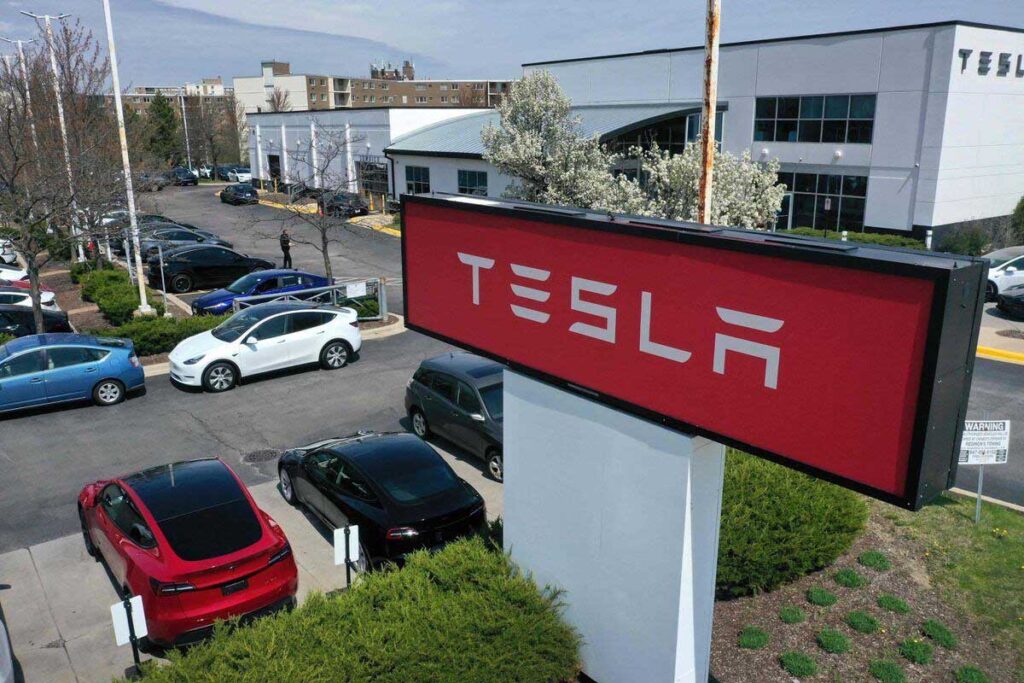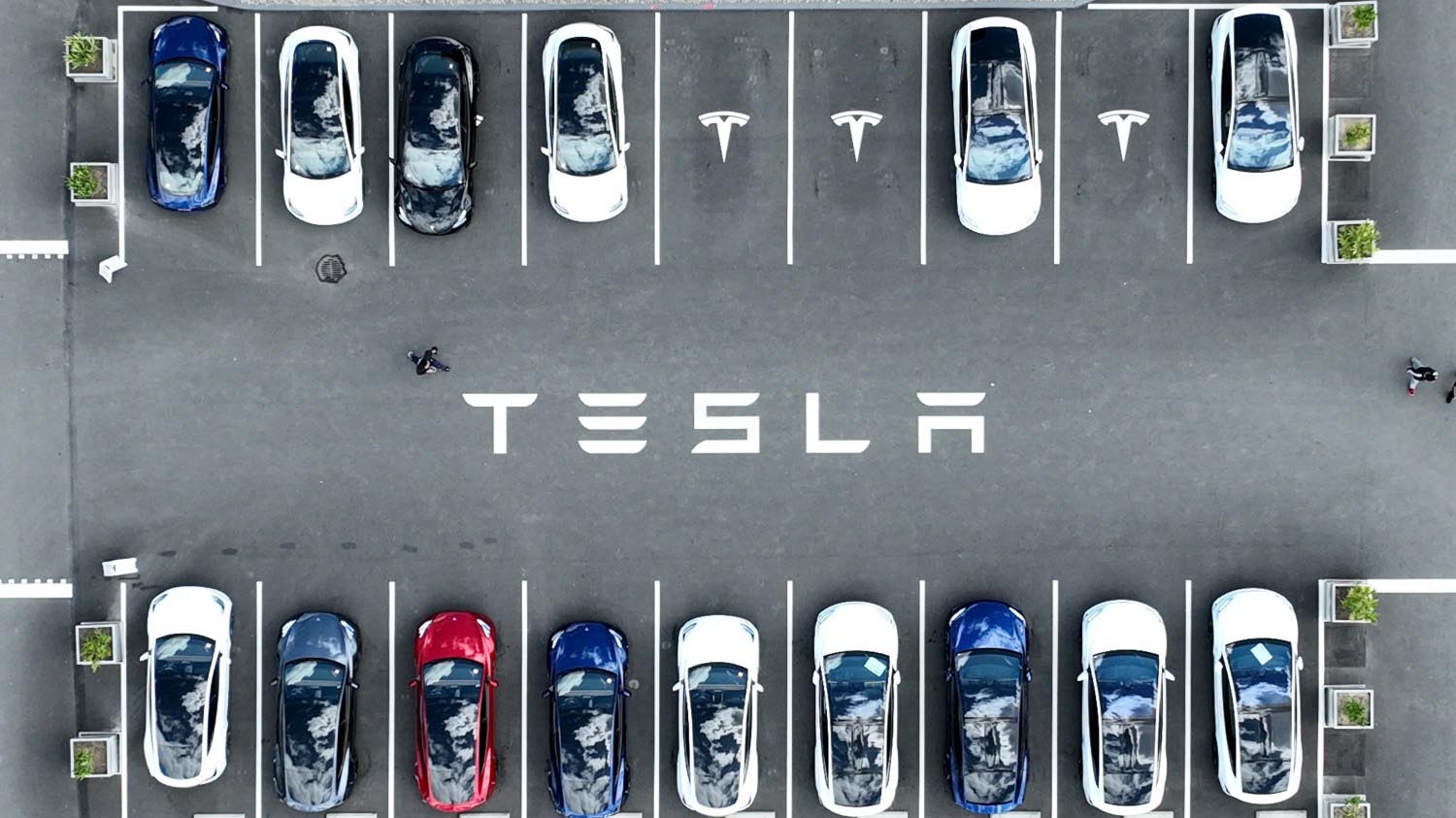Tesla, the electric vehicle pioneer led by Elon Musk, is currently navigating a challenging landscape marked by a price war it initiated to counter increased competition.
In response to the surge in rivals entering the electric vehicle market, Tesla embarked on a strategy of reducing its vehicle prices by around 25% over the past year. This included notable reductions in the prices of popular models like the Model 3 and Model S.
The unconventional approach, termed a “price war” by industry experts, is an attempt to bolster sales, maintain market share, and potentially discourage competitors from gaining traction.

Despite Tesla’s effort to attract more buyers through lower prices, the expected surge in sales has not materialized. In fact, the number of cars delivered by Tesla in the third quarter declined, contributing to a drop in revenue and a significant contraction of profit margins.
The intensifying price war and its associated challenges have led to a decline in Tesla’s share of the electric vehicle market in the United States. At the beginning of the year, Tesla held a 62% market share, which has now receded to 50%.
A pivotal factor in Tesla’s decision to slash prices was the perceived threat from new entrants in the electric vehicle space. However, this strategy has not resulted in the desired outcome of securing a dominant position in the face of growing competition.
Elon Musk’s emphasis on cost reduction has been a central theme, with the CEO asserting the necessity of making Tesla’s cars more affordable. This has been reiterated in various statements, underlining the company’s commitment to adjusting pricing to align with market demands.
Investors, who had become accustomed to Tesla’s consistent profitability, were startled by the third-quarter results, which included a miss on revenue, vehicle deliveries, and free cash flow. The reduction in gross margins also stirred concerns among investors, prompting a 15% decline in Tesla’s stock.
Tesla’s pricing strategy has not only affected short-term financial performance but also raised questions about the sustainability of such an approach. The focus on price reductions appears to be a response to immediate financial pressures rather than a well-thought-out, long-term plan.
While Musk hinted at the potential offset of falling prices through advancements in driverless-car technology, the details of this compensation remain unclear. The market response to this uncertain outlook was evident in the notable drop in Tesla’s stock value.
The electric vehicle market, despite being touted as the future of transportation, is encountering challenges related to consumer adoption. Factors such as uneven technology adoption and a sluggish global economy have contributed to a slower-than-expected shift from traditional combustion-engine vehicles to electric cars.
Industry experts have raised concerns about the efficacy of a price war in the electric vehicle sector, suggesting that it may lead to a race to the bottom, adversely affecting profitability for all players in the industry.
Tesla’s decision to engage in a price war has prompted comparisons to traditional automakers that continue to produce internal-combustion engine vehicles alongside electric ones. These companies, such as Ford and GM, can leverage existing sales of traditional vehicles to maintain profitability while gradually transitioning to electric models.
The uncertain trajectory of electric vehicle adoption and the current price-sensitive nature of consumers have added complexity to the pricing dynamics in the market. The average selling price of electric vehicles has experienced a decline but remains higher than the average selling price for all new vehicles.
Musk’s determination to undercut competitors on price has generated discontent among rival automakers, with concerns that a sustained price war could undermine the business case for ongoing investments in electric vehicle technology.
Industry veterans caution against engaging in a price war, emphasizing the importance of maintaining profitability and avoiding a race to the bottom. Instead, they advocate for innovative strategies, such as addressing customer concerns and creative market research, to drive sales without resorting to drastic price reductions.
The significance of brand loyalty is highlighted in the context of Tesla’s price cuts, with experts suggesting that altering customer expectations through pricing strategies could have long-term consequences on brand perception.
The international response to Tesla’s price reductions has varied, with protests reported in China among owners who paid higher prices for their vehicles. This reflects the challenges associated with implementing a global pricing strategy amid diverse consumer expectations.
As Tesla grapples with the repercussions of the ongoing price war, including declining profit margins and market share, the urgency of generating positive cash flow becomes apparent. Tesla’s historical reliance on investor support may face increasing scrutiny if the company continues to face financial headwinds in the competitive electric vehicle landscape.
More on Finance click here
